It is far from easy to determine whether she has proved to man a kind parent or a merciless stepmother
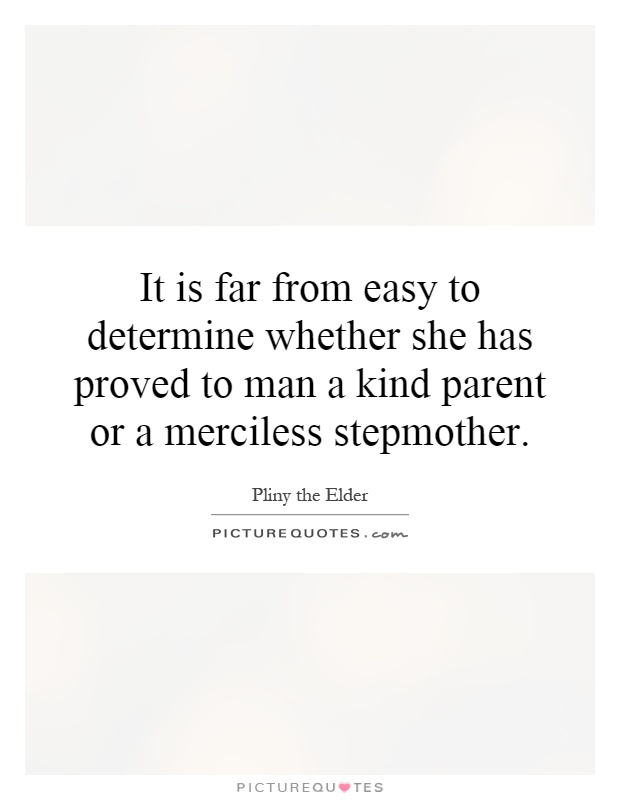
It is far from easy to determine whether she has proved to man a kind parent or a merciless stepmother
In the context of Pliny the Elder, the question of whether nature can be seen as a kind parent or a merciless stepmother is a complex and multifaceted one. Pliny the Elder, a Roman author, naturalist, and philosopher, was known for his extensive writings on natural history and the relationship between humans and the natural world. His works often explored the ways in which nature could be both benevolent and cruel, providing for humanity while also posing challenges and dangers.Pliny's observations of the natural world led him to marvel at the beauty and abundance of the Earth, as well as the intricate balance of ecosystems and the diversity of plant and animal life. He saw nature as a kind and generous provider, offering sustenance, shelter, and resources to support human life. In this sense, nature could be seen as a kind parent, nurturing and caring for its children with an abundance of gifts and opportunities.
However, Pliny also recognized the destructive power of nature, with its storms, earthquakes, and other natural disasters that could wreak havoc and devastation on human communities. He understood that nature could be unpredictable and unforgiving, capable of causing suffering and hardship. In this sense, nature could be seen as a merciless stepmother, indifferent to the needs and desires of humanity and capable of inflicting pain and destruction without warning.
Pliny's writings reflect a deep respect for the power and complexity of the natural world, as well as a recognition of the ways in which humans are both dependent on and vulnerable to nature. He saw nature as a force to be reckoned with, one that could inspire awe and wonder as well as fear and caution. Ultimately, Pliny's perspective on nature as a kind parent or a merciless stepmother is a reflection of the dual nature of the natural world itself, with its capacity for both nurturing and destruction.
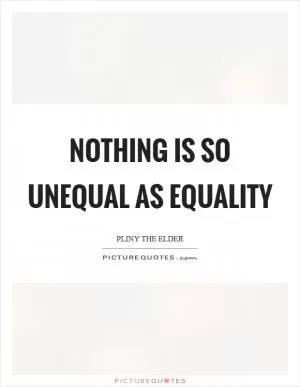
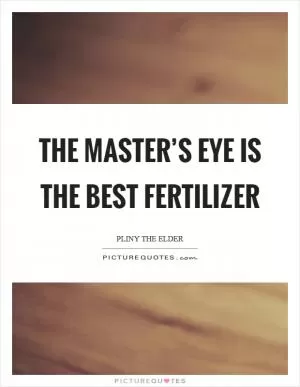


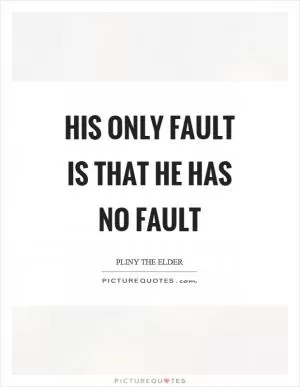
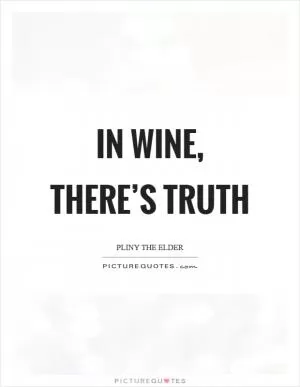
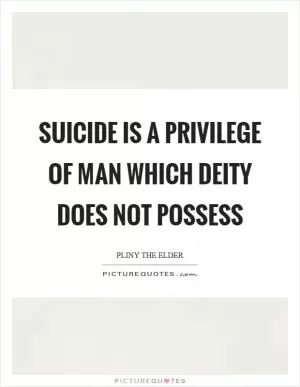

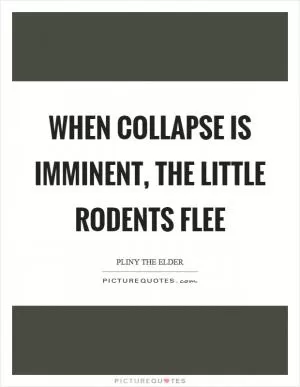
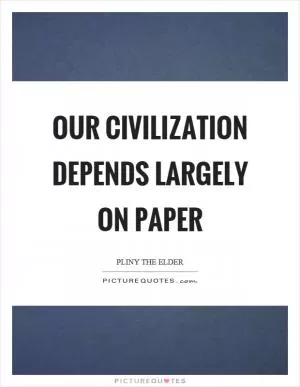
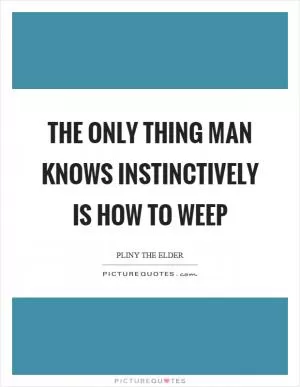
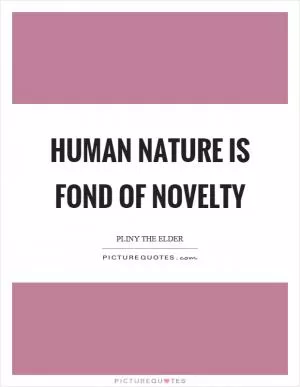
 Friendship Quotes
Friendship Quotes Love Quotes
Love Quotes Life Quotes
Life Quotes Funny Quotes
Funny Quotes Motivational Quotes
Motivational Quotes Inspirational Quotes
Inspirational Quotes